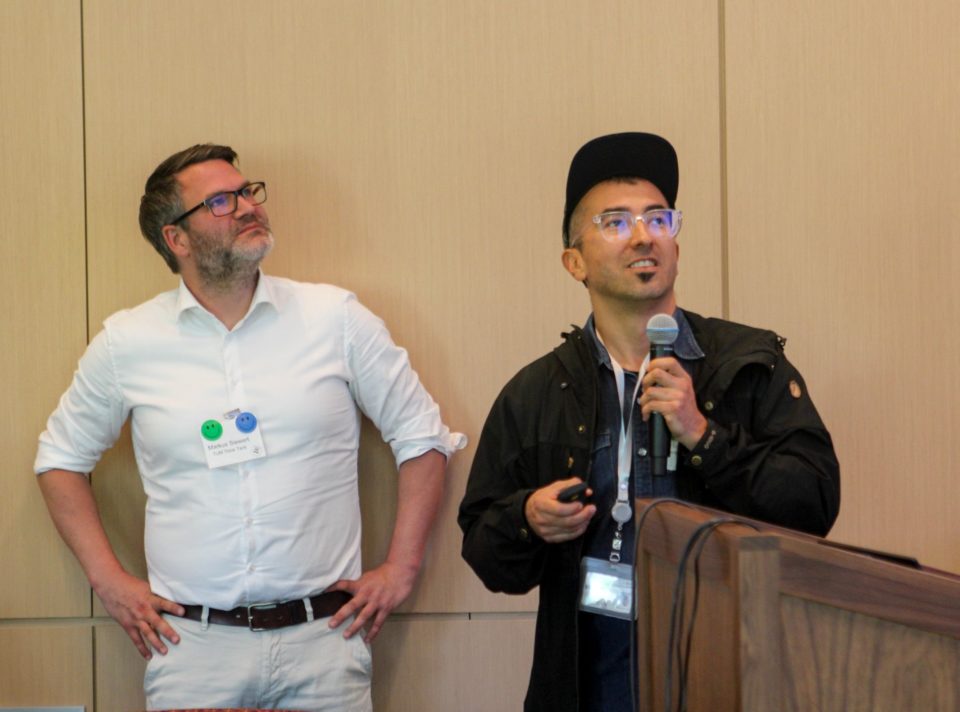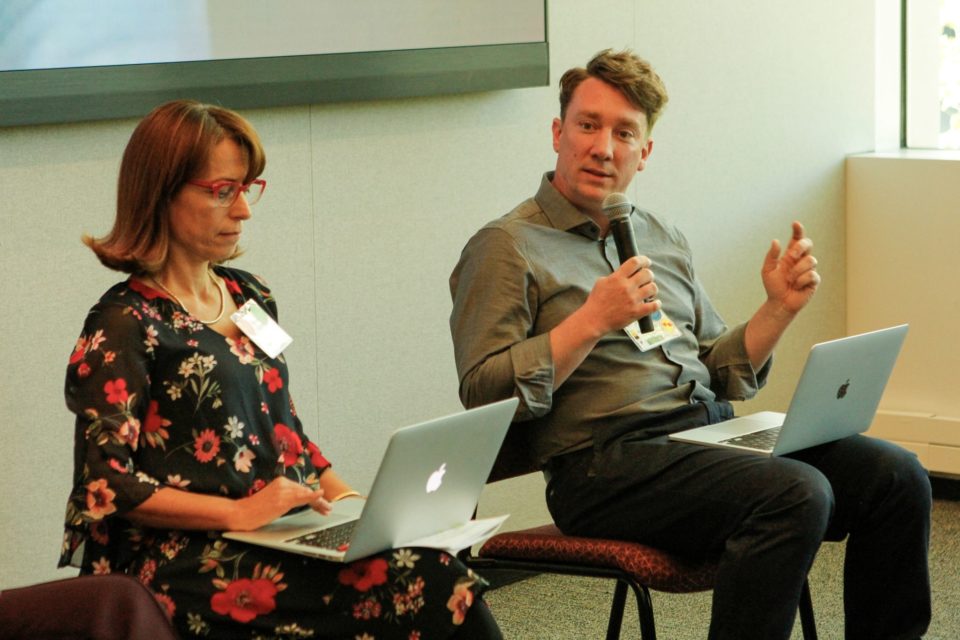TUM Think Tank
Where today's societal challenges meet tomorrow's technological excellence.
Where societal challenges meet responsible innovation.
Generative AI and its fast developments are baffling experts, policymakers, and the public alike. We have spent the last week at the Berkman Klein Center for Internet & Society at Harvard University, attending the "Co-Designing Generative Futures – A Global Conversation About AI" conference. After having talked with experts, decision-makers, and stakeholders from diverse fields and disciplines around the world, we came back with new questions and “mixed feelings” about the impact of generative AI: it is wicked, disruptive, complex, and ambiguous.
As we conclude this conference week, we are sure that capacity building is the answer to the duality between the incredible possibilities generative AI holds and the threats it poses. As we think about governance and implementations, let's dive into six things you can already do - and which we are fostering at TUM Think Tank - to shape the future of generative AI:
1. Implement ethical guidelines: Promote the development and adoption of ethical frameworks that prioritize transparency, fairness, and accountability in the use of generative AI.
2. Collaborate across disciplines: Foster collaboration between technologists, policymakers, ethicists, and diverse stakeholders to collectively address the challenges and risks associated with generative AI.
3. Research and development: Support research initiatives that focus on responsible AI, including bias mitigation, privacy preservation, and effective detection of generated content.
4. Educate and raise awareness: Share knowledge and raise awareness about the opportunities and challenges of generative AI, empowering individuals and organizations to make informed decisions.
 5. Champion diversity and inclusion: Encourage diverse representation and inclusivity in the development and deployment of generative AI systems to mitigate biases and ensure equitable outcomes.
5. Champion diversity and inclusion: Encourage diverse representation and inclusivity in the development and deployment of generative AI systems to mitigate biases and ensure equitable outcomes.
6. Boost positive impact on economy and education: Support businesses to pick up the highly innovative possibilities of generative AI. Foster our education system to not only make use of the technology, but support skill development.
The connections made, insights shared, and ideas generated during this week are great examples of collective capacity building. The conference was hosted in collaboration with the Global Network of Internet & Society Research Centers, BI Norwegian Business School, Instituto de Tecnologia e Sociedade (ITS Rio), and the TUM Think Tank.
TL;DR
After having talked with experts, decision-makers, and stakeholders from diverse fields and disciplines around the world, we came back with new questions and “mixed feelings” about the impact of generative AI: it is wicked, disruptive, complex, and ambiguous. Here are six things we can do.









